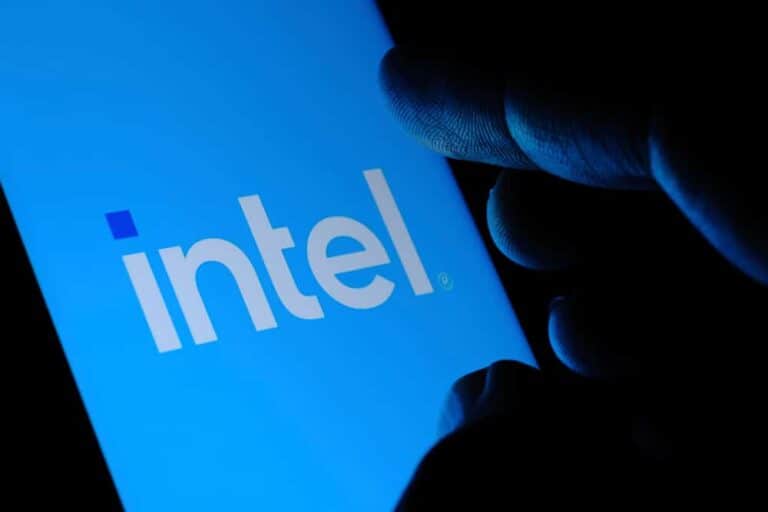In a non-binding opinion, a European Court of Justice lawyer argues in Intel’s favour. There would be too little evidence to sue Intel for unfair competition. The case may have implications for future European antitrust cases.
Intel has been at odds with the European Commission over an antitrust fine since 2009. The Commission alleged unfair competition and said Intel was making illegal payments to get their chips into devices. The case was won by the European Commission but was overturned on appeal in 2022. Last year, the case was already partially retried, and Intel was fined 376 million euros, down from the 1,06 billion euros previously demanded.
With the new reduced fine, the case has not yet been settled. Intel will still have to pay the lower fine because the European Court of Justice ruled that the rebates were a form of abuse of market dominance.
Second fine possible
Everything will be re-examined this year to determine whether the practices can also be classified as unfair competition. This case seems favourable to Intel. According to Advocate General of the European Court of Justice, Laila Medina, the European Commission gathered too little evidence to substantiate the case. This is a non-binding opinion on the case, which will be heard later this year.
The case dealt with antitrust practices that took place between November 2002 and December 2006. During that period, the chipmaker paid HP, Acer and Lenovo to offer few products with competing chips or not market them until later.
What about the evidence?
The case and the preliminary opinion raise questions about exactly when sufficient evidence is gathered. The amount does, however, seem to be fine in this case, but lots of the evidence gathered is biased, according to Medina: “The court should confirm that the Commission erred in applying the AEC test with respect to HP and Lenovo.” That, in turn, puts into question whether the AEC test has been used correctly in other cases or whether more antitrust cases are in jeopardy because of errors by the European Commission. The test can be used to see how damaging certain practices are to competitiveness in that market.
